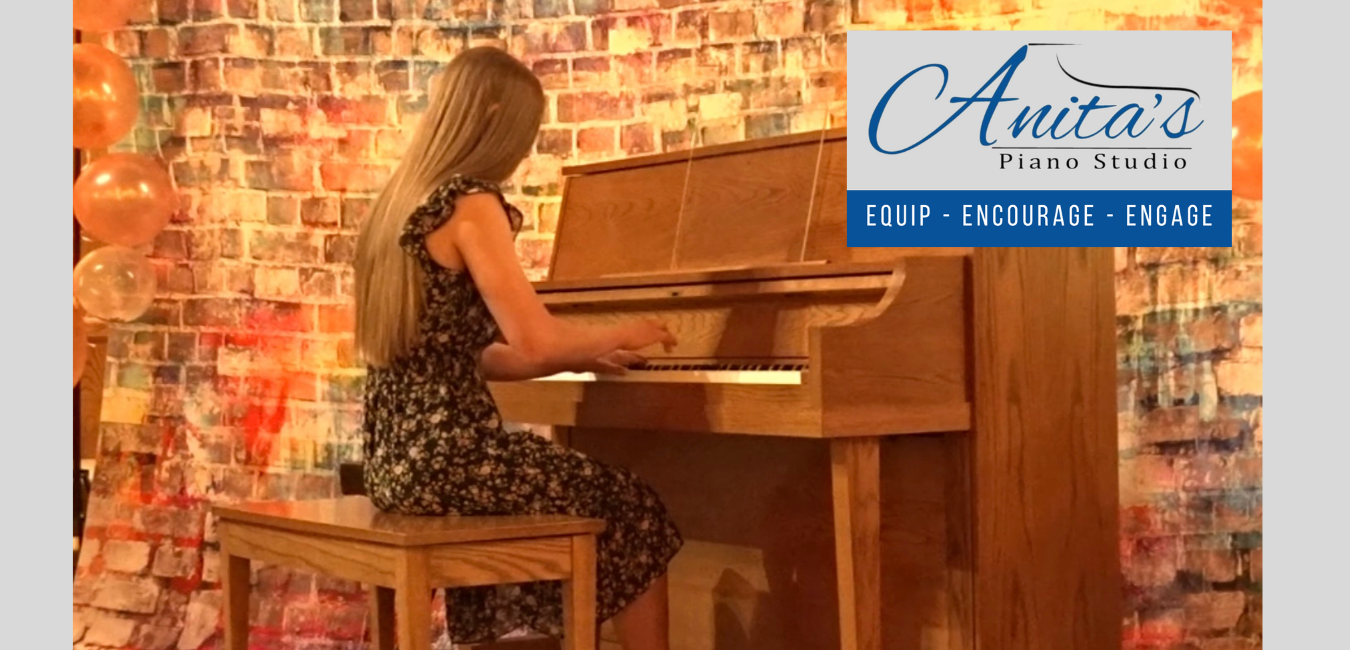Frequently Asked Questions
Q. Why group piano classes instead of the traditional private lesson?
- The reason that piano lessons have traditionally been in a private setting is because teachers could rarely afford more than one piano. With the invention of digital pianos/keyboards, group classes are now possible.
- Students thrive in group learning at school, dance, sports, and band. So why not piano? There’s positive peer pressure to practice since students will constantly play in front of each other. They will be motivated to practice!
- Studies have found that group instruction is effective in developing both performance and musicianship skills.
- For more information see the studio tour and programs tabs.
Q: How do I sign up?
A: Click on the sign up tab and complete the registration form.
Q: Do I need to own a piano or keyboard before starting piano lessons?
A: Yes! You need either an acoustic piano, tuned with all keys and pedals in proper working condition or a digital piano with 88 full sized, weighted, touch sensitive keys and a sustain pedal. I do not recommend less than 88 keys.
Read this blog post for advice on buying your child's first piano: https://www.anitaspianostudio.com/Blog?PostID=90770
Q: How much are lessons?
A: Send me a message and I'll send you my policies along with the current monthly tuition. Studio policies can be found here.
Q: What piano tuner in our area do you recommend?
A: David Vanderhoofven 417.781.3965 or Dan Keller 417.321.7722
Q: Where is your studio located?
A: My studio is located inside my home 4 miles north of Nevada.
Q: What is the best age to begin piano lessons? Every new student and their parent will meet with me prior to being added to the schedule.
A: The best time to begin lessons will be different for every child, but most will be ready between the ages of 6-8 years old.
Q: How can I tell if my child is ready to begin lessons?
A: Here is a short checklist to test for readiness:
- How are the child's fine motor skills? Can your child hold a pencil or cut with scissors? Playing the piano requires a lot of fine motor dexterity, so having well tuned fine motor skills makes a huge difference.
- Does your child have an interest in music and a desire to learn?
- Does your child know the difference between left and right?
- Does your child know the alphabet, specifically the first seven letters which is the music alphabet (A-B-C-D-E-F-G)?
- Can your child count to ten?
- Can your child focus and pay attention for 30-45 minutes? Lessons include off the bench music activities, but students need to be able to focus and pay attention for a minimum of 15-20 minutes when at the piano.
- Can your child follow instructions?
Parents need to be ready as well!
- Are you willing to help your child practice? Young beginners will need help reading instructions, practice suggestions, counting, and more.
- Do you own an appropriate instrument? If not, are you willing to purchase one?
- Are you prepared for the cost and time commitment?
